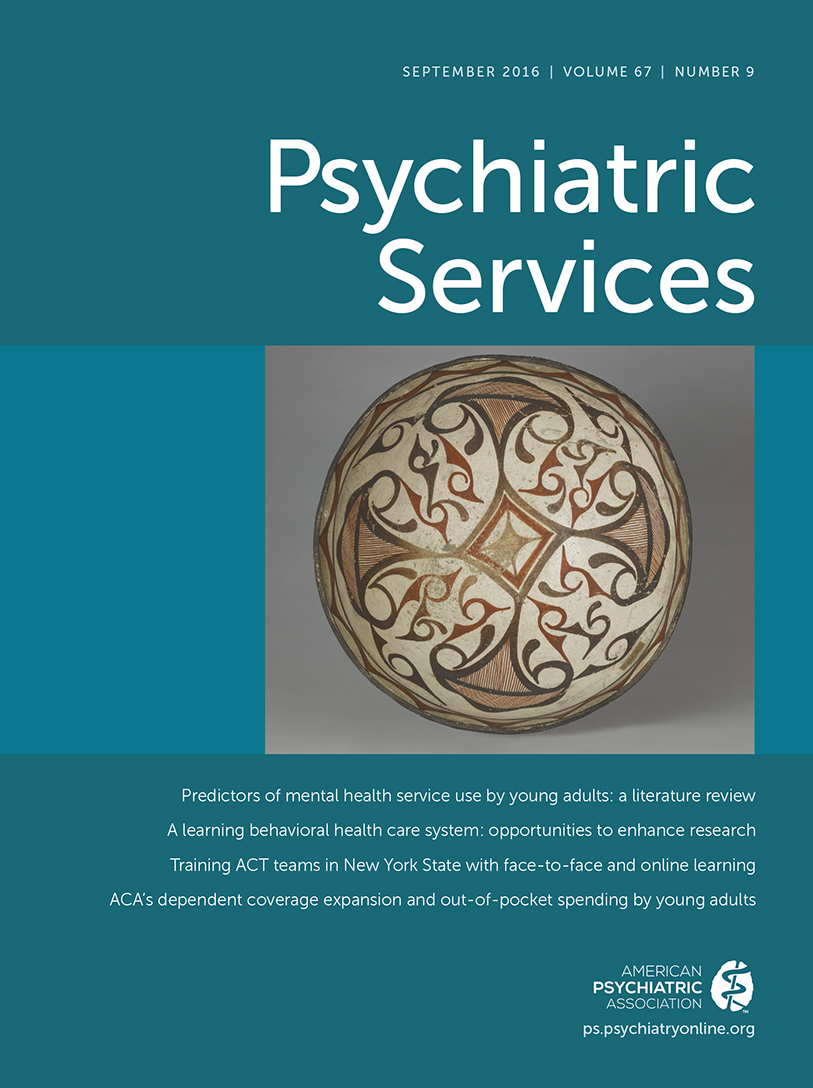The ACA’s Dependent Coverage Expansion and Out-of-Pocket Spending by Young Adults With Behavioral Health Conditions
Abstract
Objective:
Young adults with behavioral health conditions (mental or substance use disorders) often lack access to care. In 2010, the Affordable Care Act (ACA) extended eligibility for dependent coverage under private health insurance, allowing young adults to continue on family plans until age 26. The objective of this study was to analyze out-of-pocket (OOP) spending as a share of total health care expenditures for young adults with behavioral health conditions before and after the implementation of the ACA dependent care provision. The study examined the population of young adults with behavioral health conditions overall and by race and ethnicity.
Methods:
The study analyzed 2008–2009 and 2011–2012 nationally representative data from the Medical Expenditure Panel Survey with zero-or-one inflated beta regression models in a difference-in-differences framework to estimate the impact of the ACA’s dependent coverage expansion. OOP spending was examined as a share of total health care expenditures among young adults with behavioral health disorders. The study compared the treatment group of individuals ages 19–25 (unweighted N=1,158) with a group ages 27–29 (unweighted N=668).
Results:
Young adults ages 19–25 with behavioral health disorders were significantly less likely than the older group to have high levels of OOP spending after the implementation of the ACA’s dependent coverage expansion. The reduction was pronounced among young adults from racial-ethnic minority groups.
Conclusions:
The extension of health insurance coverage to young adults with behavioral health disorders has provided them with additional financial protection, which can be important given the low incomes and high debt burden that characterize the age group.



